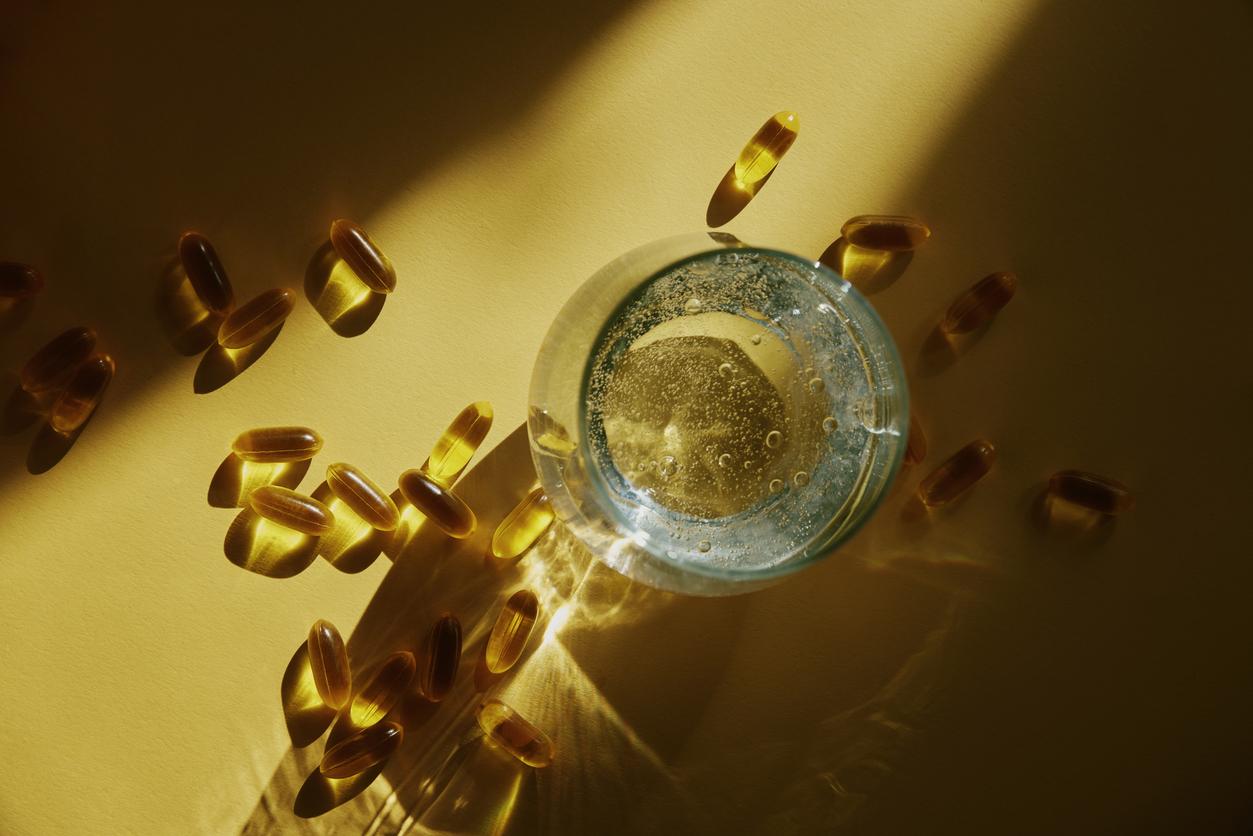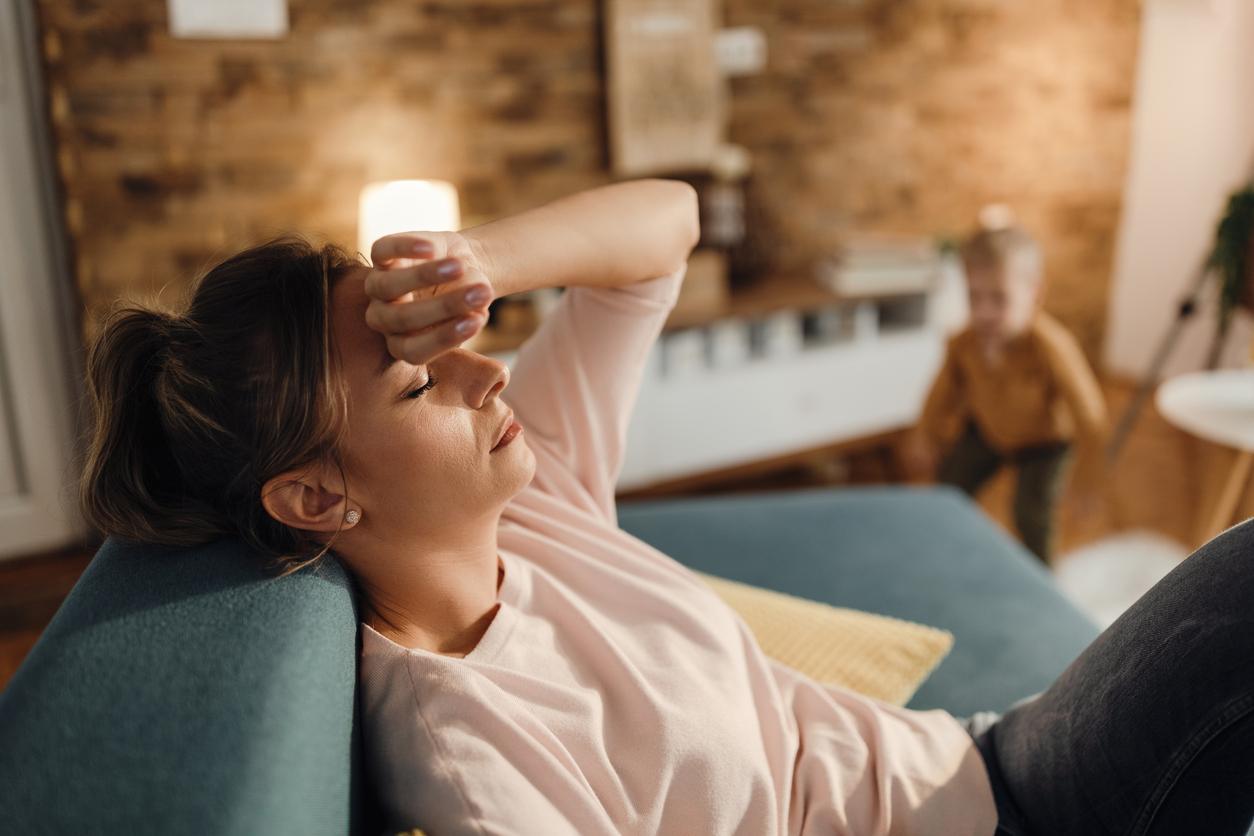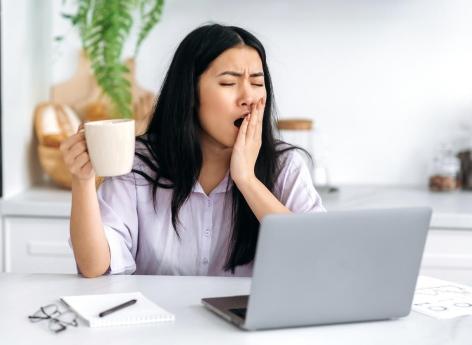When fatigue sets in, the cause is often the most obvious: lack of rest. Staying in front of the screens until more time, we forget that we do not abuse our biological rhythm. We can dream of Napoleon’s (who apparently only slept 4 or 5 hours), the sleep time that we need is genetically determined. A few years ago, researchers even identified a gene, carried by a fifth of Europeans, which causes a greater need for sleep in those who have it. Hence the importance of respecting your personal rhythm, going to bed at the first sign of falling asleep, avoiding overly hearty dinners, and remembering that the ideal room temperature is around 18 ° vs.
We sleep … but better
Getting more sleep is not always enough. You also need to sleep better. When the hours of sleep seem sufficient and we hardly feel any more in good shape when we wake up, it is because the nights are of poor quality, restless, punctuated by snoring, and sometimes interrupted by distressing breathing pauses for the spouse who is witness: the sleep apnea. It is a real nocturnal asphyxia, which strikes especially the coated people, who smoke and drink alcohol. Treating these sleep apneas allows you to regain your health and protects the cardiovascular system.
Another common mistake: wanting to “catch up” during the weekend. “This is not the right solution, maintains Dr. Jean-Pierre Danjean, general practitioner. The proof: it often triggers attacks in migraine sufferers. To complete a too short night, it is better to do a micro-nap“Studies have shown that this practice not only helps you regain concentration and energy, but also reduces the risk of infections, diabetes and hypertension.
The right manual? Between 1 and 3 p.m., sit on a sofa or in a good armchair. Relaxing or dozing off is enough to recharge the batteries. On the other hand, it is better to program a ringtone after 20 minutes. With a longer nap, you would risk waking up “muddy” and disrupting sleep the following night.
We move to get back in shape
When you feel slammed, you tend to avoid any effort, while you have to move more, on the contrary! “The more we get stuck, the more weight we gain and the more costly the slightest effort becomes,” explains Dr Danjean, “as if we were lowering the fatigue thermostat.”
Walk 20 minutes every day, it is already good, the regularity being more important than the duration. But the ideal would be to take 10,000 steps a day. To improve your performance in a fun way, you can equip yourself with a small device called a pedometer (20 to 30 euros, in sports shops) that you clip to the belt as soon as you jump out of bed.
We do a vitamin D cure
To regain some pep, it is sometimes enough to be a little more reasonable. Alcohol and coffee in high doses tire, as does chronic under-oxygenation due to tobacco. If we do not correct the glaring errors of hygiene of life, anti-fatigue cocktails and other vitamin cures will have a rather limited interest. One exception, however: vitamin D. Our body by manufacturing most of it under the effect of the sun, in winter, the reserves are often exhausted, which causes muscle weakness and sluggish vitality (especially in the elderly whose skin synthesizes it less well).
Oily fish offer the best source of vitamin D (remember the famous cod liver oil!). Some industrial foods (Isio 4 oils) have also revised their formula, so that two tablespoons daily cover almost all of our needs. But a small daily supplement can also perk up, between November and March, when one cannot afford a stay in the sun. To be taken in the middle of meals, because the fat facilitates its absorption.
When to consult?
If your fatigue does not give way after a month of recovery. Or if its brutal character and intensity are surprising. This symptom, although very common, can also herald a troublesome health problem (infection, thyroid disorder, diabetes, even hepatitis, cancer or heart problem).
Read also :
Sleep apnea: don’t let a person with heart snore
9 questions we ask ourselves about salmon
How to fight against winter fatigue with alternative medicine?
















